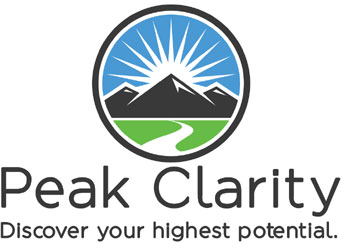 Disclaimer: This post is for informational purposes only. I give neither tax advice nor medical advice. I do not promote any religion or religious orientation.
Disclaimer: This post is for informational purposes only. I give neither tax advice nor medical advice. I do not promote any religion or religious orientation.
The introduction of the Affordable Care Act (ACA, Obamacare) in 2014 was controversial to say the least. Some of the most contested components were the individual mandate and the resulting penalty for noncompliance. In 2017, that penalty is 2.5% of income and it may go up in 2018. Even though I personally see the ACA as a step forward, it still supports a healthcare system that is utterly broken and backwards and results in the U.S. spending the astronomically for our services and getting little in return compared to what other countries spend. Consequently, our insurance premiums are also astronomical and not affordable for many.
The IRS offers a few exemptions from the individual mandate. A notable one is a religious exemption. Specifically, the IRS allows for an exemption for “members of a health care sharing ministry” using Form 8965 (instructions here).
So, if you are willing to say that you abide by certain religious values, you can sign up for a religious healthshare at a discount from the big insurance companies. Know that these healthshares generally don’t offer all the benefits as plans under the ACA. For example, they typically don’t cover mental health and often don’t cover pre-existing conditions. Furthermore, you are often required to pay for the medical expenses yourself and then get reimbursed. (Be sure to ask for a discount when you self-pay because usually there is one.) Also, these plans don’t always cover prescriptions (more on that later).
There is an important qualification that the IRS makes: “the health care sharing ministry (or a predecessor) must have been in existence and sharing medical expenses continuously and without interruption since December 31, 1999.” I have reason to believe that the health shares listed here meet that criterion, but you should confirm that with them. The prices and benefits vary widely, but are often substantially cheaper that what is available at the marketplace. Furthermore, you can enroll with these plans at any time vs. the limited enrollment period for the ACA.
- Altrua HealthShare
- Christian Healthcare Ministries
- Christian Care Ministry
- Christ Medicus Foundation CURO (Catholic)
- Liberty HealthShare
- Samaritan Ministries
- Solidarity HealthShare
Prescriptions
Some of the plans above do not offer prescription drug coverage. Even without coverage, there is still a way to get the same low prices that the insurance providers have negotiated. There are several companies that offer prescription cards at no charge that get you the discounted prices. I’m not sure of the mechanics behind it, but it seems to work. I have used GoodRx many times with no problems, and it gives the added benefit of checking the prices at all the nearby stores. Expect to pay around half of the retail price. Search your app store or visit their web site where you can print coupons. It would be good to have it handy before it was needed.

